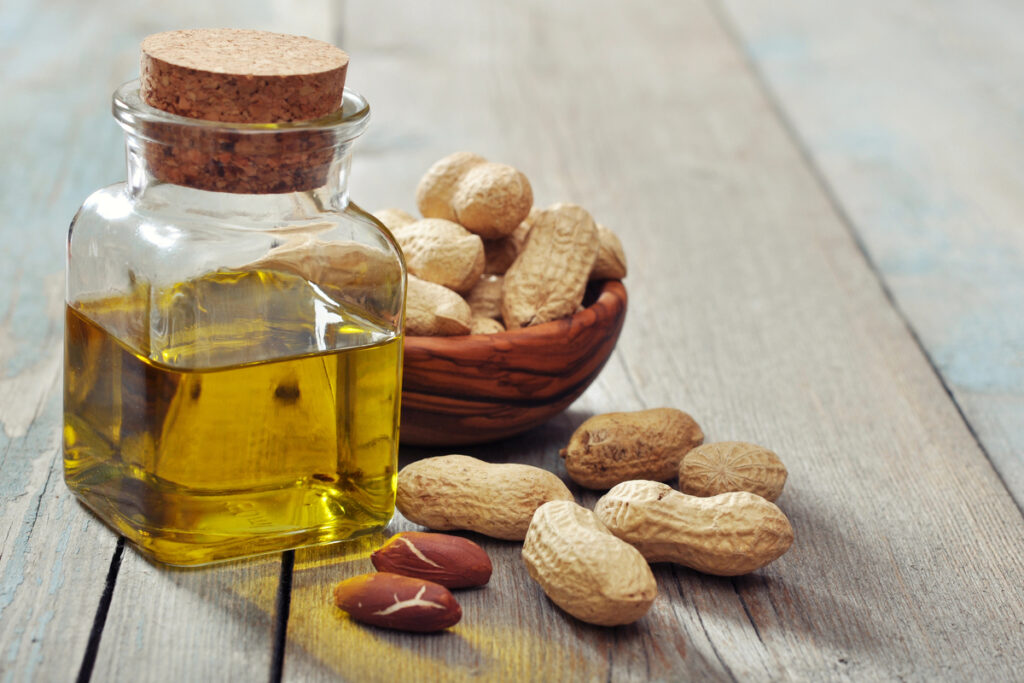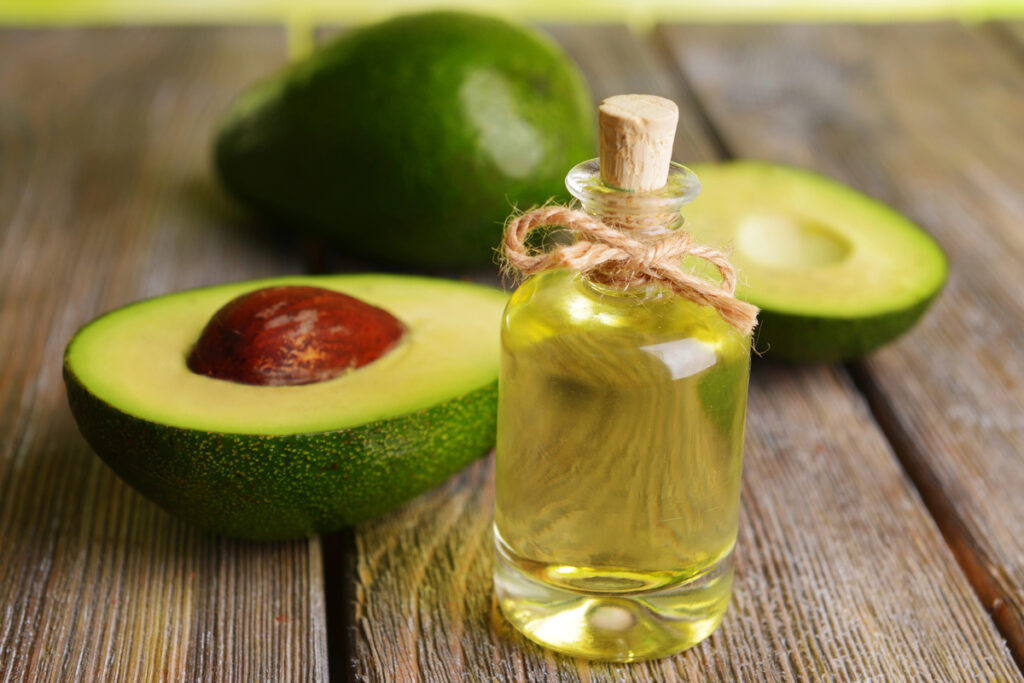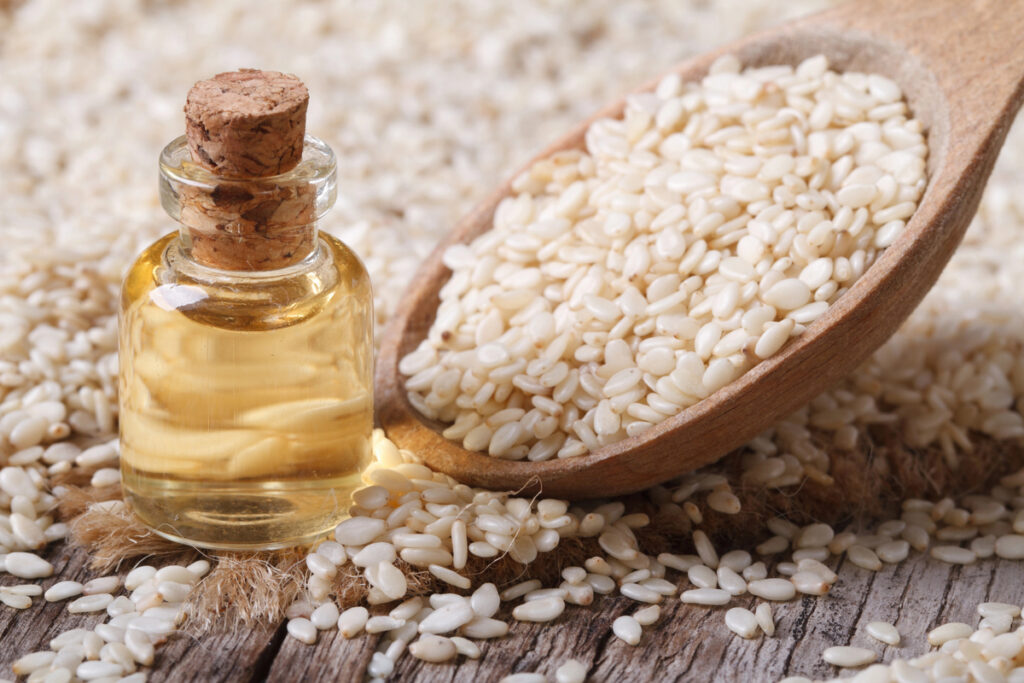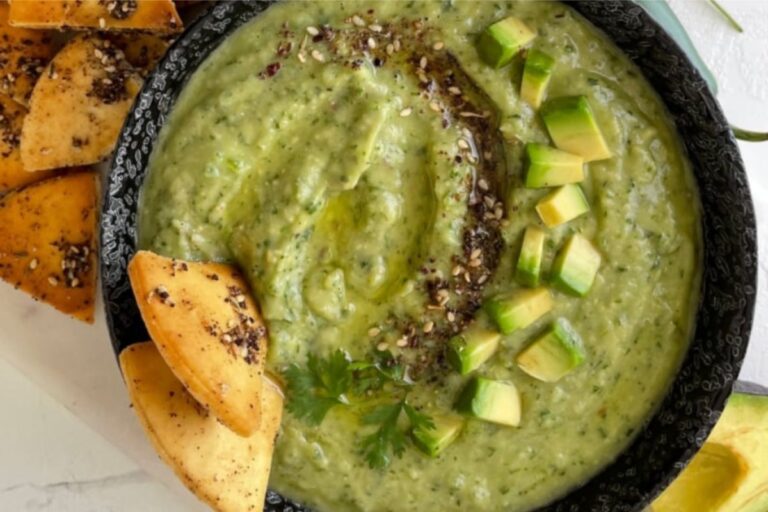10 Most Common Cooking Oils Ranked from Worst to Best for Your Health
When it comes to cooking, the type of oil used can significantly impact health. Many people might not realize that not all cooking oils are created equal. Some oils are better for cooking than others, offering more nutritional benefits while also being heart-healthy.
This ranking looks at various cooking oils, considering their health properties and how they can affect our diets. Understanding which oils to choose can lead to healthier meals and better overall well-being. Let’s explore these oils and see how they stack up against one another.
Vegetable Oil

Vegetable oil often ranks lower on the list due to its high levels of omega-6 fatty acids. While omega-6 is essential, an excessive amount can lead to inflammation in the body. Most vegetable oils are also refined, which means they undergo processing that strips away nutrients.
This oil has a high smoke point, making it suitable for frying, but the health risks often outweigh the benefits. Opting for less processed oils can be a better choice for maintaining health. Avoiding vegetable oil can help reduce the intake of unhealthy fats in your diet.
Canola Oil

Canola oil is another common choice in kitchens, but it has its drawbacks. It contains a high level of omega-6 fatty acids, similar to vegetable oil, which can contribute to health issues when consumed in excess. While canola oil is lower in saturated fat than some other oils, the refining process can lead to the loss of beneficial nutrients.
Additionally, most canola oil is genetically modified, raising concerns for some consumers. Although it is versatile and has a high smoke point, there are healthier alternatives available. Replacing canola oil with oils rich in omega-3s can be a wise decision for better health.
Corn Oil

Corn oil is frequently used in cooking and processed foods, but it is not the healthiest option. Like vegetable and canola oils, it is high in omega-6 fatty acids, which can lead to inflammation and other health problems. Corn oil also has a high smoke point, making it suitable for frying, but its health implications are concerning.
The oil is often highly refined, which reduces its nutritional value. Furthermore, corn is one of the most common genetically modified crops, raising additional health questions. Seeking healthier oils can improve dietary quality significantly.
Palm Oil

Palm oil is widely used in processed foods and cooking, particularly in tropical regions. While it contains some beneficial nutrients, such as vitamin E, it is also high in saturated fat. Excessive consumption of saturated fats can increase cholesterol levels and risk of heart disease.
The environmental impact of palm oil production is also concerning, as it contributes to deforestation and habitat destruction. Opting for sustainably sourced palm oil can mitigate some of these environmental issues. However, limiting palm oil in your diet is a healthier approach overall.
Peanut Oil

Peanut oil is popular for its flavor and high smoke point, making it ideal for frying and sautéing. It contains monounsaturated fats, which are beneficial for heart health. However, peanut oil can be problematic for those with peanut allergies.
It is also often refined, which can diminish its nutritional content. While it offers some health benefits, moderation is key when using this oil. Choosing oils with more omega-3 fatty acids can provide additional health advantages.
Olive Oil

Olive oil is often celebrated for its health benefits, particularly in Mediterranean diets. It is rich in monounsaturated fats, which can help lower bad cholesterol levels. Extra virgin olive oil retains more nutrients due to its less processed nature.
It is also packed with antioxidants, which can combat inflammation and protect heart health. Using olive oil for salad dressings or low-heat cooking is a great way to incorporate it into meals. Prioritizing olive oil can significantly enhance the nutritional value of your diet.
Avocado Oil

Avocado oil is gaining popularity for its impressive health benefits. It is high in monounsaturated fats and has a high smoke point, making it versatile for various cooking methods. This oil is also rich in antioxidants and vitamins, particularly vitamin E.
The healthy fats in avocado oil can improve cholesterol levels and support heart health. Its mild flavor makes it suitable for dressings, marinades, and sautéing. Including avocado oil in your kitchen can lead to healthier meal options.
Coconut Oil

Coconut oil is often debated due to its high saturated fat content. While it may raise cholesterol levels, it contains medium-chain triglycerides (MCTs), which can provide energy. MCTs are metabolized differently and may support weight management.
Coconut oil is also known for its antimicrobial properties, making it beneficial for gut health. It can be used for cooking at moderate temperatures and in baking. Balancing its use with other oils can help maximize health benefits.
Flaxseed Oil

Flaxseed oil is an excellent source of omega-3 fatty acids, which are crucial for heart health. It is best used in cold dishes, as it has a low smoke point and can become unstable when heated. This oil also contains lignans, which have antioxidant properties.
Regular consumption of flaxseed oil may support overall health and help reduce inflammation. Incorporating flaxseed oil into salads or smoothies is an effective way to reap its benefits. However, it should not be used for frying due to its heat sensitivity.
Sesame Oil

Sesame oil, commonly used in Asian cuisines, has a unique flavor and several health benefits. It contains both monounsaturated and polyunsaturated fats, making it a heart-healthy option. Rich in antioxidants, sesame oil can help reduce inflammation and protect cells from damage.
Its high smoke point allows for various cooking methods, including frying and sautéing. Using sesame oil in moderation can enhance dishes while providing nutritional benefits. Including this oil in a balanced diet can contribute to overall health.
15 Budget-Friendly Foods to Stretch Your Paycheck

Living paycheck to paycheck can be challenging, especially when it comes to affording nutritious food on a tight budget. However, many affordable and nutrient-rich foods can help stretch your dollars without sacrificing your health.
15 Budget-Friendly Foods to Stretch Your Paycheck
20 Foods No One Can Afford Anymore Due To Inflation

With the ever-rising living costs, some foods have become luxury items that only the wealthiest can afford. From exotic delicacies to once-affordable staples, the price hikes have made certain foods out of reach for the average consumer.






